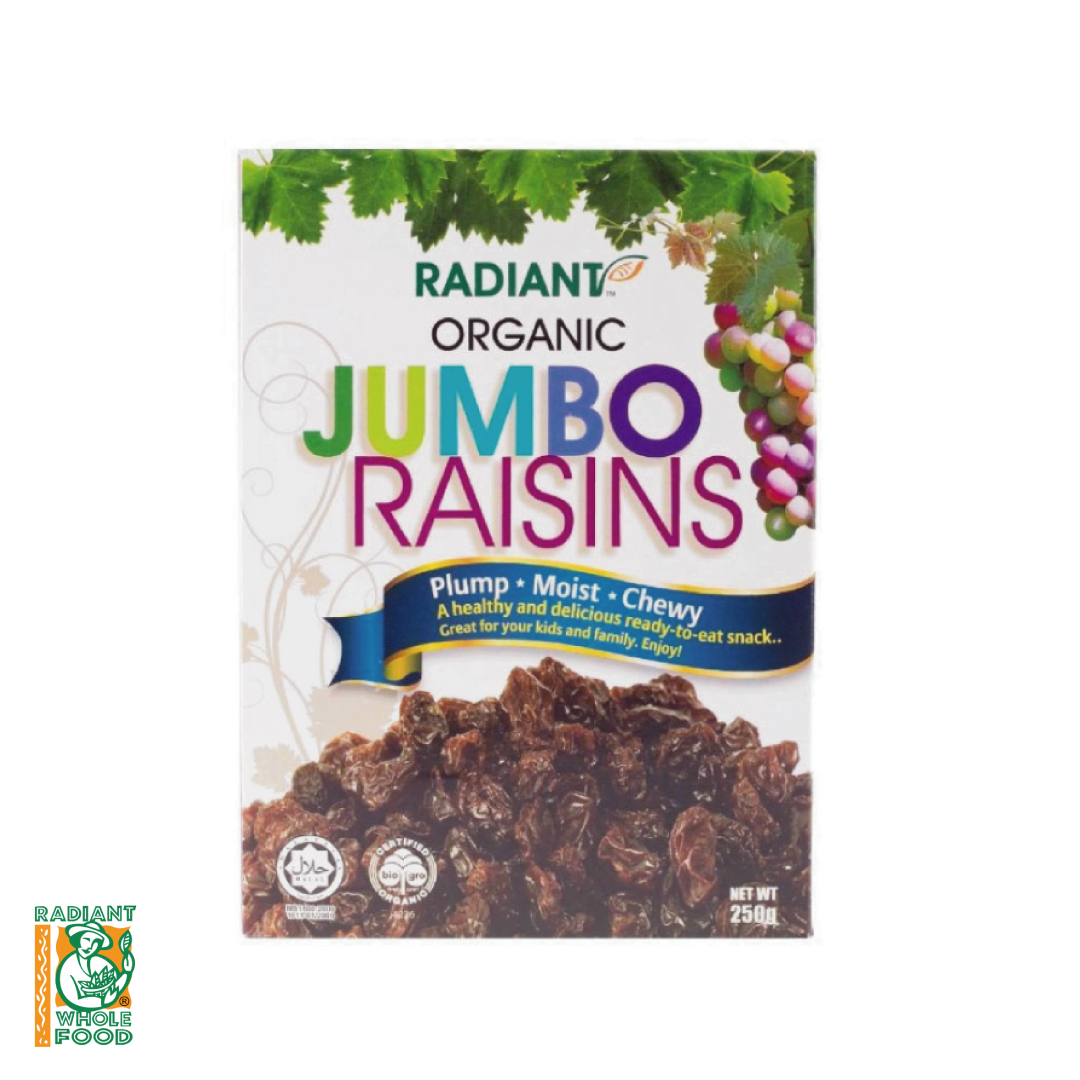
We’ve all heard the saying “Breakfast is the most important meal of the day”.
But is that still true in 2025? Or is breakfast just as important as other meals? Let’s dive into what science says and how you can make the best choice for your body & lifestyle.
What Is Breakfast, Really?
Breakfast literally means “breaking the fast”. After 8-12 hours without food overnight, your body needs fuel, especially your brain which runs primarily on glucose. But does skipping it really hurt your health?
What Science Tells Us?
Breakfast & Non-Communicable Diseases (NCDs)
A systematic review has shown that people who eat breakfast regularly may have lower risk of developing certain NCDs, including obesity, type 2 diabetes, hypertension, and heart disease.1
Breakfast & Nutrients
Skipping breakfast has been associated with missing out on key nutrients like Folate, Iron, Calcium, Vitamin A, B1, B2, B3, C and D.2
Breakfast & Blood Sugar
One study found that skipping breakfast caused blood sugar spikes in people with and without diabetes.3
Breakfast, Calorie & Body Weight
Studies suggest that those who omit or consume breakfast both end up with nearly identical total daily calorie intakes.4
A large study on over 300 adults trying to lose weight found no significant difference between those who ate or skipped breakfast.5
Is it About the Meal or the Person?
We all know that healthy lifestyle habits contribute to overall well being. Interestingly, the benefits often linked to breakfast may actually have more to do with the person eating it than the meal itself.
Research shows that people who regularly eat breakfast also tend to adopt healthier lifestyles, means more physically active, eat better overall, manage stress effectively, and less likely to smoke or drink excessively. On the flip side, those who skip breakfast often fall into less healthy lifestyle patterns.6
So, this suggests the link between breakfast and health might be influenced by the type of person who chooses to eat breakfast, rather than breakfast being the single driving factor. That's why it's important not to just focus on whether someone eats breakfast, but also look at the lifestyle context that surrounds it.
So, Skip or Eat?
Depends!
If you wake up hungry, breakfast is a great way to start your day because it gives you the opportunity to fuel your body with nutrients. For certain groups like kids, teens, pregnant women, athletes, or people with diabetes may benefit more from having breakfast regularly.
But if you get busy and skip breakfast one day, there is no need to feel guilty, as long as your nutritional needs are met throughout the day at other meals.
What Makes a Good Breakfast?
Not all breakfasts are created ideally. A donut and coffee? Nay!
When adopting healthy lifestyle habits, go for a breakfast that keeps you energized and nourished, not just full. Here are some great breakfast options:
Oatmeal, overnight oats or healthy oat cereal drink
Greek yogurt with berries and nuts
Whole grain toast with peanut butter
 |
Cornflakes or granola with milk topped with seeds & nuts
 |  |
Final Thoughts
Breakfast isn’t a one-size-fits-all rule. It’s about what works best for your body and lifestyle.
While regularly eating a nutritious breakfast can support better health, especially for certain groups, what truly matters is the overall pattern of healthy habits. Skipping breakfast occasionally doesn’t doom your health, and eating it daily doesn’t guarantee wellness. What counts is how well you nourish your body across the day and how your lifestyle supports your well-being.
So whether you're team "breakfast every day" or an occasional skipper, aim for balanced choices, mindful eating, and a lifestyle that fuels your long-term health.
References
1. Li, Z. H., Xu, L., Dai, R., Li, L. J., & Wang, H. J. (2021). Effects of regular breakfast habits on metabolic and cardiovascular diseases: A protocol for systematic review and meta-analysis. Medicine, 100(44), e27629. https://doi.org/10.1097/MD.0000000000027629
2. Fanelli, S., Walls, C., & Taylor, C. (2021). Skipping breakfast is associated with nutrient gaps and poorer diet quality among adults in the United States. Proceedings of the Nutrition Society, 80(OCE1), E48. doi:10.1017/S0029665121000495
3. Jakubowicz, D., Wainstein, J., Landau, Z., Raz, I., Ahrén, B., Chapnik, N., Ganz, T., Menaged, M., Barnea, M., Bar-Dayan, Y., & Froy, O. (2017). Influences of breakfast on clock gene expression and postprandial glycemia in healthy individuals and individuals with diabetes: A randomized clinical trial. Diabetes Care, 40(11), 1573–1579. https://doi.org/10.2337/dc16-2753
4. Zakrzewski-Fruer, J. K., Seall, C., & Tolfrey, K. (2021). Breakfast Consumption Suppresses Appetite but Does Not Increase Daily Energy Intake or Physical Activity Energy Expenditure When Compared with Breakfast Omission in Adolescent Girls Who Habitually Skip Breakfast: A 7-Day Randomised Crossover Trial. Nutrients, 13(12), 4261. https://doi.org/10.3390/nu13124261
5. Dhurandhar, E. J., Dawson, J., Alcorn, A., Larsen, L. H., Thomas, E. A., Cardel, M., Bourland, A. C., Astrup, A., St-Onge, M. P., Hill, J. O., Apovian, C. M., Shikany, J. M., & Allison, D. B. (2014). The effectiveness of breakfast recommendations on weight loss: a randomized controlled trial. The American journal of clinical nutrition, 100(2), 507–513. https://doi.org/10.3945/ajcn.114.089573
6. Chen, J., Cheng, J., Liu, Y., Tang, Y., Sun, X., & Yu, S. (2014). Associations between breakfast eating habits and health-promoting lifestyle, suboptimal health status in Southern China: A population-based, cross-sectional study. Journal of Translational Medicine, 12, 348. https://doi.org/10.1186/s12967-014-0348-1
Related products


Love Earth Organic Nutri Oat-mazing Instant Cereal Drink Chocolate 12 sachets x 28g


Love Earth Organic Nutri Oat-mazing Instant Cereal Drink Soy Almond Nibs 12 sachets x 28g


Love Earth Organic Chia Seeds - 168g
















